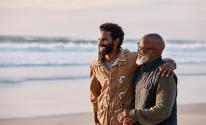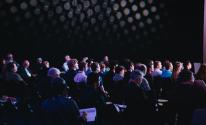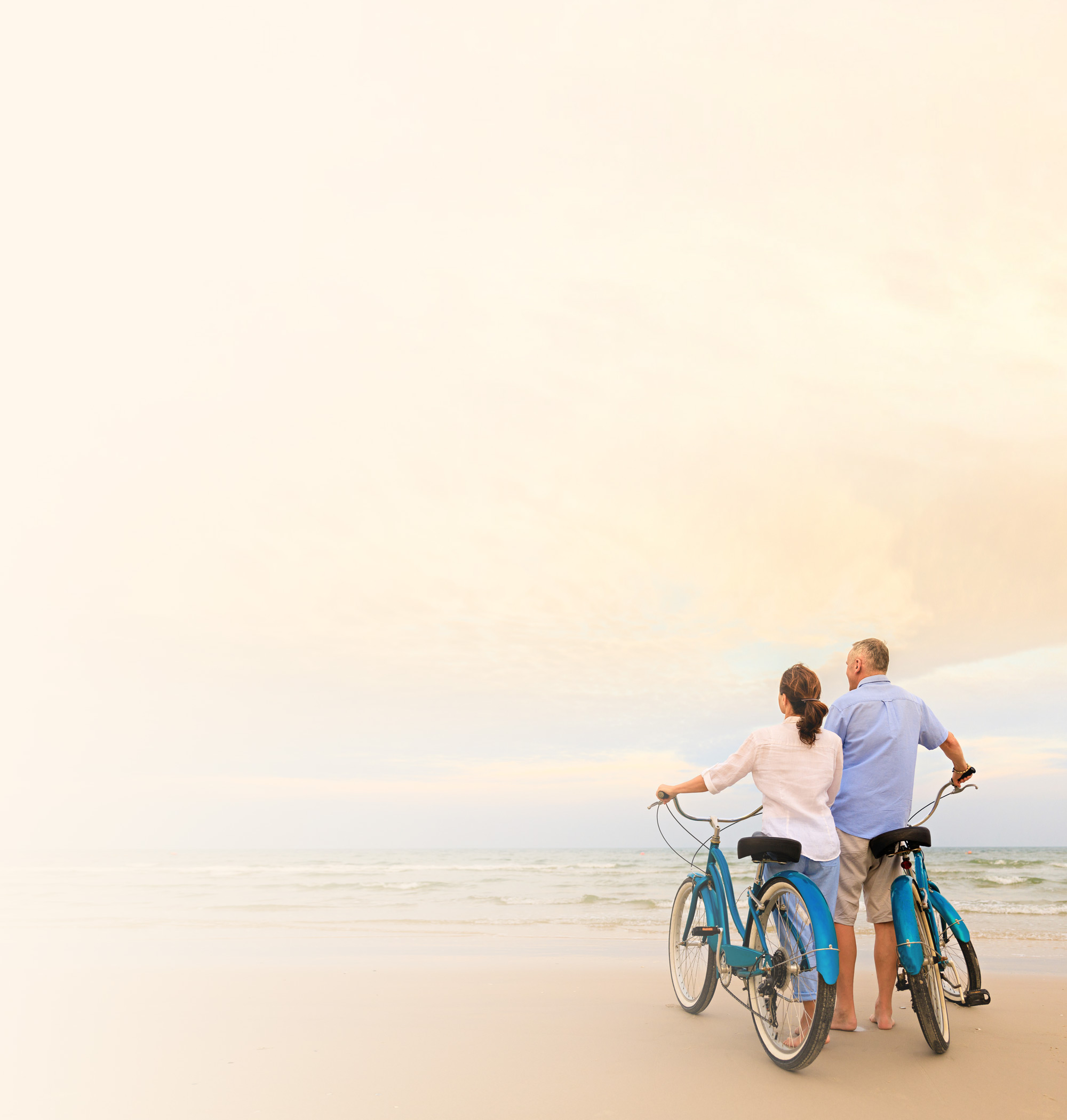
Chapter 4
Funding Opportunities
Innovative way of doing research:
Citizen Science bundles experiences
Citizen Science bundles experiences
INTERVIEW
With Karen van Ruiten
Since the summer of 2021, Karen van Ruiten has been the committee chair of ZonMw’s and Health~Holland’s Citizen Science Programme for Health and Care. The aim of this programme is to involve citizens in research into health and care. The first results are already on their way, but what challenges does this programme face? ‘In an innovative field such as citizen science, we must realise that we are allowed to experiment. Moreover, we can learn to do things differently and better by involving citizens’, says Karen. Karen fulfils a double role as director of Alles is gezondheid and, since January of this year, director of Positieve Gezondheid.
Karen chooses her words carefully as she describes where her interest in citizen science comes from. ‘The experiential expertise of so many people offers so many opportunities. I find that very inspiring.’ She calls the experience of people with a chronic condition, recurrent depression, or social challenges both different and indispensable. Karen thinks that policy, research, and practice will only improve if the experiences of 17 million Dutch people are included. Those experiences can greatly enrich the knowledge of colleges and universities, and that is exactly what fuels Karen’s drive for citizen science.
Reducing health differences
Karen has had type 1 diabetes since she was four. As a result, she has a lot of valuable experience in the field of health. ‘Also, when it comes to balancing my mental health, especially in a busy job with young children. When we talk about patients or about citizens, it seems like it’s about others, but we don’t realise it is about you and me.’ In addition, through her positions, including a few roles at the Ministry of Health, Welfare and Sport, Karen brings a lot of knowledge and expertise about innovation and change processes. ‘In an innovative field such as citizen science, we must realise that we are allowed to experiment. Moreover, we can learn to do things differently and better by involving citizens.
Citizens
it is about you and me
We can’t do that if we keep doing things the same way as we did before.’ Karen notes that scientists or professors, but also administrators, healthcare professionals or government officials, often approach questions from the perspective of their role. But behind that role, everyone is only human. ‘I think it’s great that citizen science contributes to more openness because everyone has their challenges in health. It is valuable if you can use those experiences.’
Citizen science contributes to more openness
Goal of citizen science
Citizen science aims to help people in new ways with health and care. Karen believes that an innovative approach to research can help better align people’s experiences and health challenges. She cites a good example of such a study. ‘In the treatment of cancer, cures are increasingly possible. But the fact that it becomes a chronic condition also brings a lot of uncertainty. Someone can be declared ‘clean’, but there is a mental and emotional challenge because every six months there is the fear of the next check-up. Surviving after cancer means new health challenges for this group of patients in their family life and/or their job. So we really need to use citizen science to investigate what works well and what doesn’t, based on people’s experience.’
The Ministry of Health, Welfare and Sport has set the goal that by 2040 the health inequalities between the lowest and highest socioeconomic groups will have decreased by 30%. How does citizen science fit into that objective? ‘In the Netherlands, health differences between different groups of citizens are often related to a person’s education or income; that feels unfair’, Karen argues. ‘We want to tackle these health differences, so that everyone can live as long as possible with the best possible health. I think we have a shared responsibility to specifically commit ourselves to those target groups within citizen science too.’
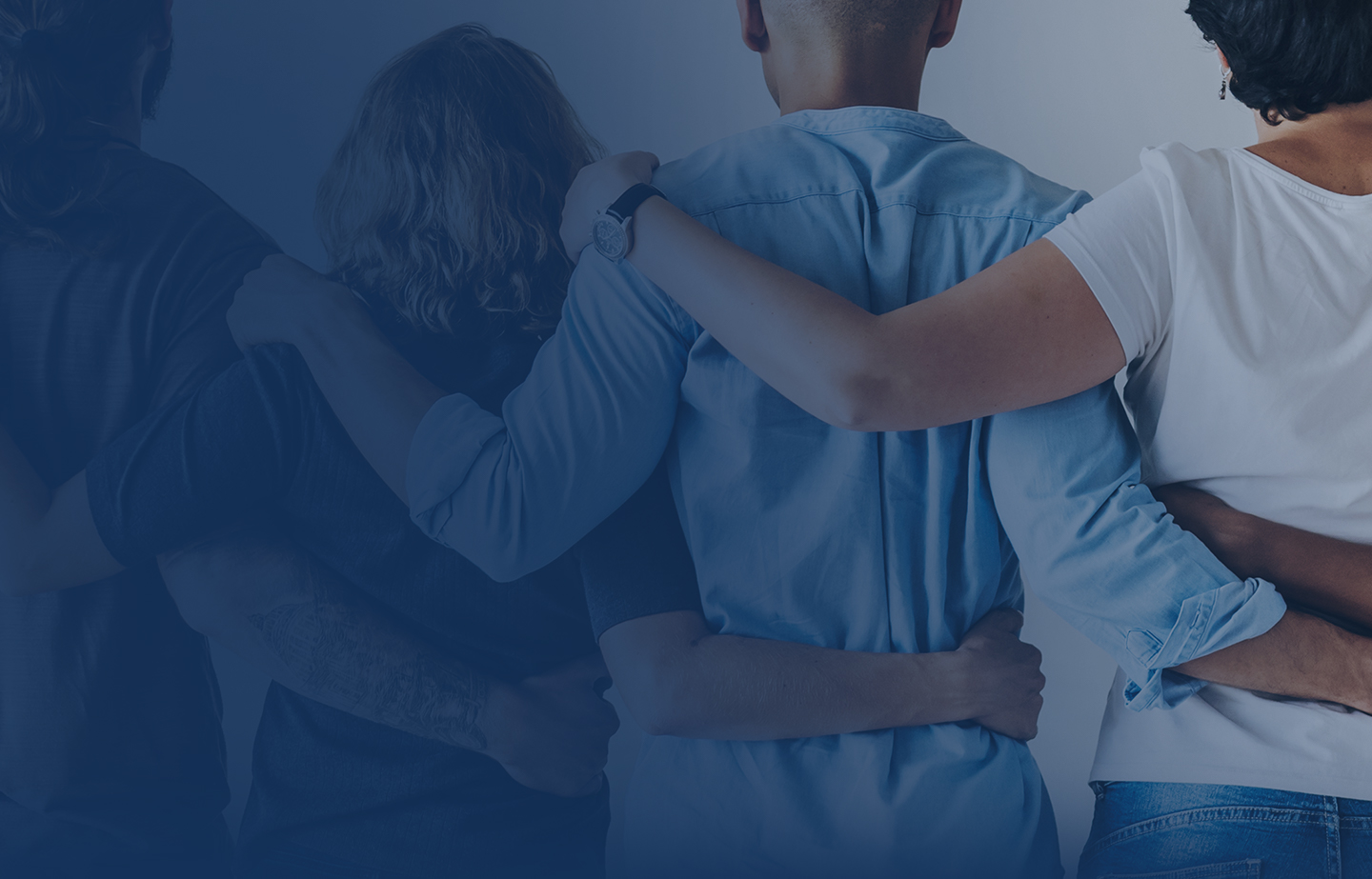
Co-creation
Co-creation is vitally important for citizen science, during research, but also during implementation. New insights arise in every phase of implementation. Involving the knowledge and skills of the citizen is valuable, also in the application of the projects. And at the same time, we should pay attention to the legal, financial, or technical aspects, for which you need to involve other partners. Karen argues that only by joining forces can you successfully implement and apply a project in practice.
She has since concluded that the citizen science committee, ZonMw and Health~Holland, have also learned important lessons based on critical feedback. ‘It could be more user-friendly and easier. The process is very scientific, there are still so many forms to fill in and rules.’ Another challenge lies in equality. ‘Only with equal roles between partners, researchers and citizens can citizen science thrive and projects flourish’, explains Karen. But more attention could also be paid to inclusiveness and diversity; these are vitally important to increase the impact of health and care in society.
Inclusiveness and diversity are vitally important
Advice
Finally, Karen wants to give a few tips to people who are getting started with citizen science. Such as simply taking the time to get used to each other, learning to speak each other’s language, and coming up with a joint project proposal. Karen: ‘Sometimes that means giving ground or getting clear about cooperation and equality. Because you don’t all have the same role, everyone essentially does different things. But above all, start with a curious and open attitude. It is fun and valuable to work with special themes and in unique collaborations.’ Karen also mentions that it is important to be critical about when you consider a study to be successful or not. ‘Don’t stop at the formal end goal, but also think about how you can take the result a step further and use your own experience. This also applies to us as committee members. We are all people with our own experiences, so listen with curiosity to the other person’s story.’
Paving the way with the PPP Allowance
Another milestone has been reached because the financial potential of the PPP Allowance has grown significantly to €67 million. Thanks to this, Top Sector LSH was able to already invest in 52 projects in 2021 that aim to realise the Health & Care missions through large-scale research and development programmes. So far, this Match Call has funded more than 600 projects since Top Sector LSH was founded in 2013. A significant increase in funded projects in the field of pharma and healthcare has been seen since 2019, with projects in the field of biotech and medtech still in the lead.
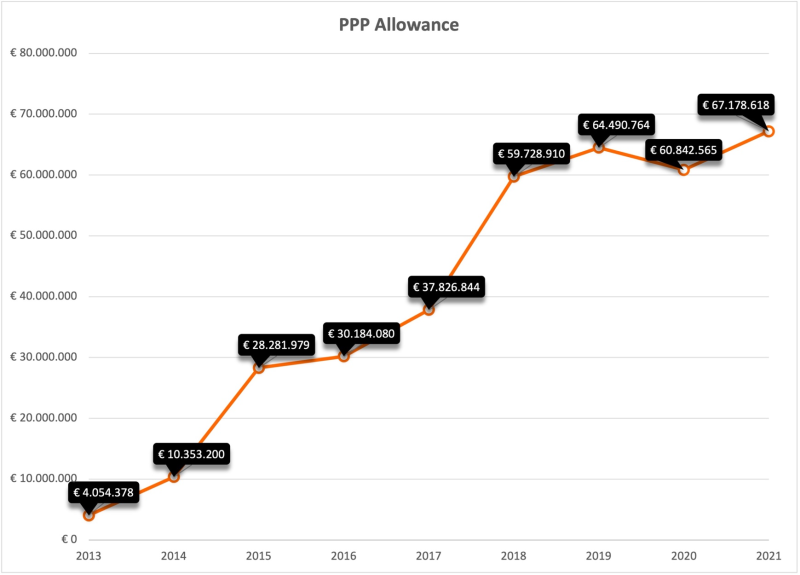
A major part of the PPP Allowance was made available by Health~Holland directly to TNO, ACTA, eight UMCs and seven health foundations to stimulate public-private partnerships. The PPP Allowance was matched with investments by Dutch industry and from foreign private partners. In 2021, Dutch enterprises were allowed to fund a higher percentage of their project costs for fundamental and industrial research using the PPP Allowance. On top of that, non-profit enterprises may also contribute to the minimal matching of the enterprises. These regulations will be continued in 2022.

Thematic Calls
In 2022 you can apply for a various number of thematic calls, such as The PPP Allowance (Match Call), Illustration Projects and Consortium Quality of Life with Dementia. Click below in the list for more information on these calls. Moreover, the succes stories of two ongoing thematic calls are outlined; Human Measurement Models 1 & 2 and the Cross- over call with the Top Sectors Horticulture & Starting Materials (Tuinbouw en Uitgangsmaterialen), Agri & Food and Life Sciences & Health.







